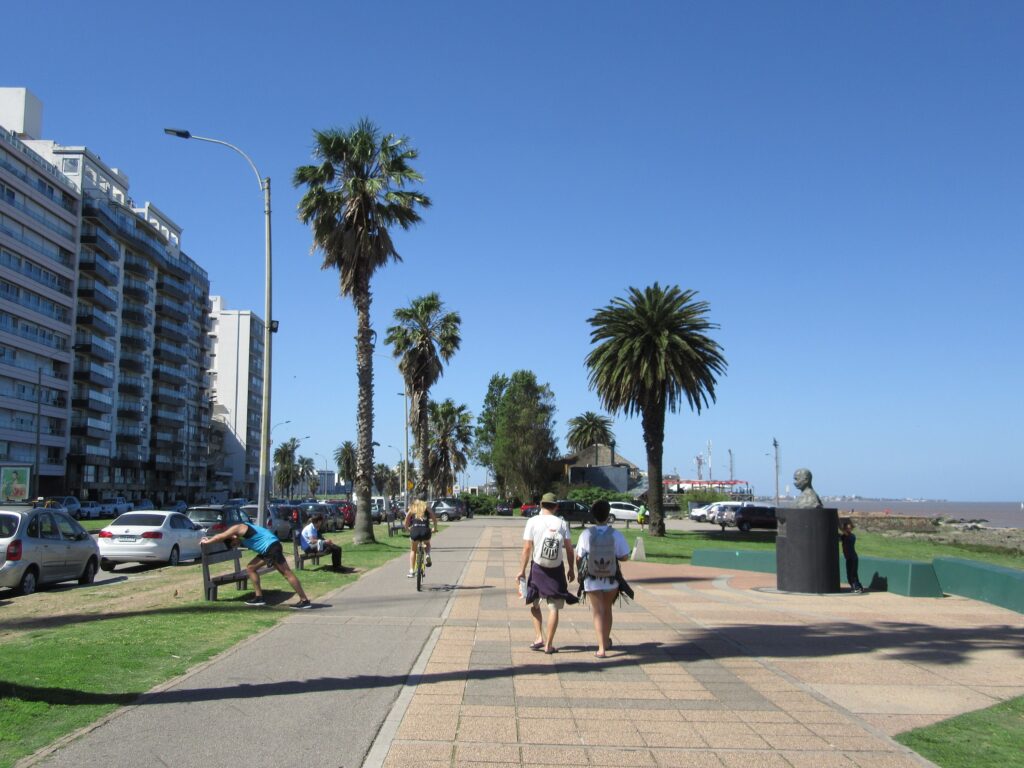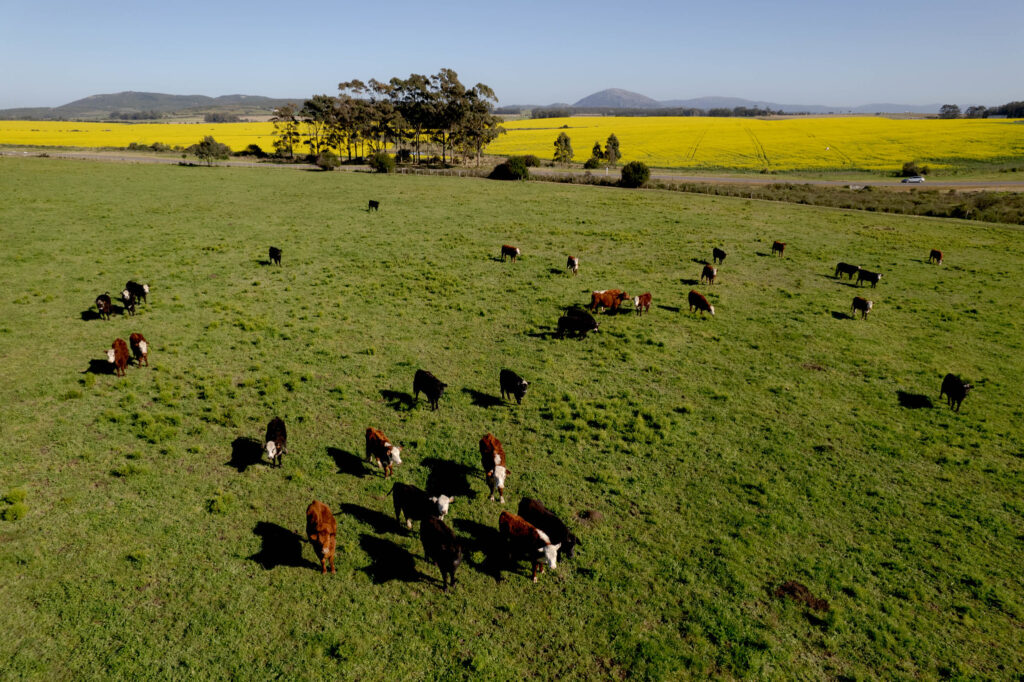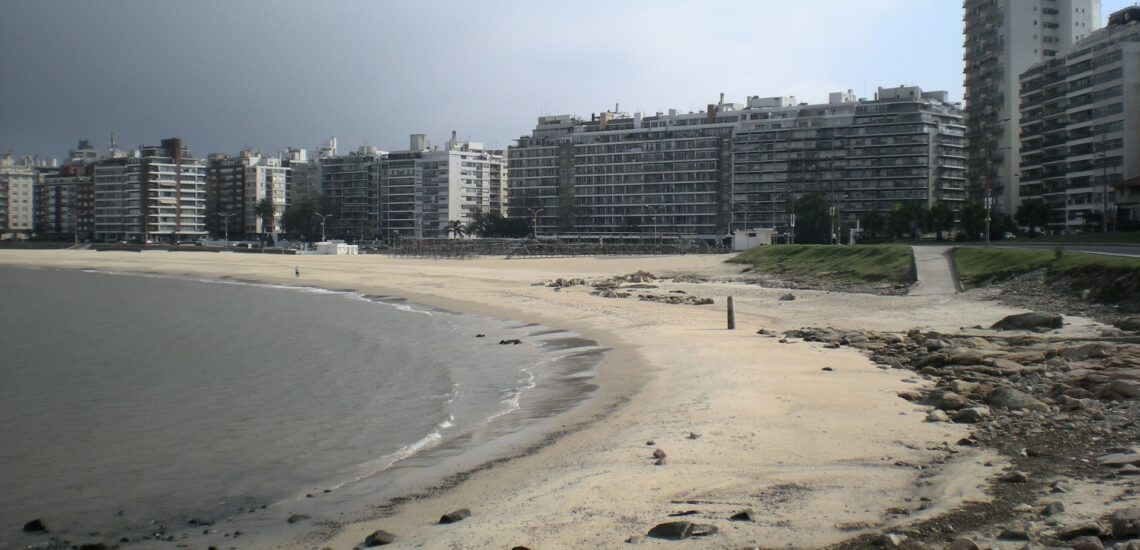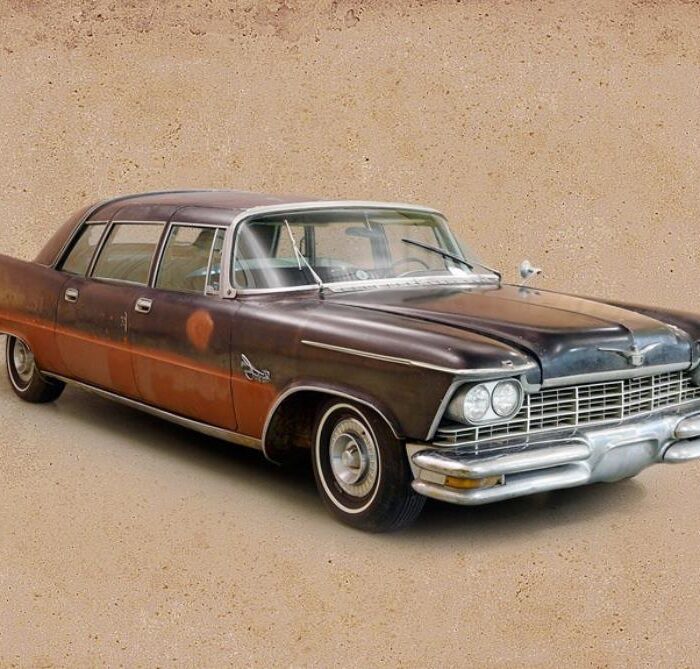10 Interesting Facts About Uruguay
Here are some quick facts about Uruguay:
- Location: Uruguay is located in South America, bordered by Argentina to the west, Brazil to the north and east, and the Atlantic Ocean to the south.
- Capital: Montevideo is the capital and largest city of Uruguay.
- Official Language: Spanish is the official language.
- Population: Uruguay had a population of around 3.5 million people.
- Currency: The official currency is the Uruguayan Peso (UYU).
1 Fact: More than half of the country’s population lives in the capital
More than half of Uruguay’s 3.5 million people live in the capital, Montevideo. With a population of around 1.8 million, it’s the bustling heartbeat of the country. This urban concentration highlights the city’s importance as a cultural and economic hub, drawing in a significant majority of the nation’s residents.
 Felipe Restrepo Acosta, CC BY-SA 4.0, via Wikimedia Commons
Felipe Restrepo Acosta, CC BY-SA 4.0, via Wikimedia Commons2 Fact: Uruguay is a safe country
Uruguay is often considered one of the safest countries in South America, with a relatively low crime rate and a stable political environment. Here are some key points about safety in Uruguay:
- Global Peace Index Ranking: In the 2021 Global Peace Index, Uruguay ranked 46 out of 163 countries, indicating a higher level of peace and safety compared to many other nations in the region.
- Homicide Rate: Uruguay’s homicide rate is approximately 8.1 per 100,000 people, which is lower than the regional average and similar to Paraguay’s rate. This contributes to the perception of Uruguay as a safe destination.
- Crime Levels: Petty crimes like pickpocketing and bag snatching can occur, especially in crowded tourist areas, but violent crime rates are relatively low. The country has effective law enforcement and a good judicial system.
- Political Stability: Uruguay is known for its stable democracy and low levels of political violence, which further enhances its safety profile.
3 Fact: There are 4 times more cows than people in the country
With a population of around 3.5 million people, Uruguay boasts a significant cattle population. As of 2022, there are approximately 12 million cows in the country, emphasizing the prominence of the livestock industry in Uruguay’s economy.
 Jimmy Baikovicius, (CC BY-SA 2.0)
Jimmy Baikovicius, (CC BY-SA 2.0)4 Fact: Uruguay historically loves soccer
Uruguay shares a profound passion for soccer, deeply rooted in its history and culture. The country hosted and won the first FIFA World Cup in 1930, a monumental achievement that sparked nationwide enthusiasm for the sport. This fervor is evident in the success of domestic clubs like Nacional and Peñarol, as well as the national team’s impressive record, including 15 Copa América titles. Soccer unites Uruguayans, transcending social and regional divides, and remains a central part of their national identity, celebrated with zeal at every level of play.
5 Fact: Uruguay was the first country to legalize marijuana
Uruguay made headlines in 2013 by becoming the world’s pioneer in fully legalizing marijuana. With the passage of historic legislation, the country allowed individuals to grow their own cannabis, join cooperatives, or purchase from authorized pharmacies. This move was a bold step in the global drug policy landscape. There are around 47,000 registered cannabis consumers in Uruguay.

6 Fact: In Uruguay, every schoolchild has a laptop
Uruguay launched the “One Laptop per Child” initiative in 2007, providing laptops to over 600,000 primary school students by 2022. While not every schoolchild receives a laptop, the program has been a substantial effort to enhance digital literacy and education across the country.
7 Fact: People in Uruguay are happy with their lives
Uruguay consistently ranks high in global happiness indices, reflecting the contentment of its residents. The World Happiness Report places Uruguay among the top countries, emphasizing factors like social support, life expectancy, and personal freedom. The nation’s commitment to social welfare and a stable economy contributes to the overall well-being and happiness of its citizens.
 Jimmy Baikovicius from Montevideo, Uruguay, CC BY-SA 2.0, via Wikimedia Commons
Jimmy Baikovicius from Montevideo, Uruguay, CC BY-SA 2.0, via Wikimedia Commons8 Fact: Uruguay 2nd the smallest country in South America and prefer roads to railroads
Despite its small size of approximately 176,000 square kilometers, Uruguay boasts a robust road network, making it a standout in South America. Compared to larger neighbors like Brazil and Argentina, Uruguay’s well-maintained highways efficiently handle both passenger and freight transportation. This strategic infrastructure contributes to Uruguay’s position as one of the more developed and prosperous countries in the region.
Note: If you plan to travel in Uruguay – check if you need an International Driver’s License to drive in Uruguay.
9 Fact: Pericón is the national dance of Uruguay
The Pericón is Uruguay’s go-to dance party! It’s not just any dance; it’s the national dance, grooving to the beat of Uruguay’s history and culture. Picture this: at least 14 couples swaying and twirling, making it a grand spectacle at events. This dance is like Uruguay’s historical dance-off, bringing the past to life in a rhythmic celebration!
10 Fact: Uruguay is a Catholic country but has renamed traditional religious holidays
While the majority of the population identifies with Catholicism, the country embraces a secular state model that emphasizes the separation of church and state. In this spirit, Uruguay has renamed certain religious holidays to be more inclusive and reflective of its diverse society. For example, Christmas is often referred to as “Family Day,” and Holy Week might be termed “Tourism Week.” These alternative names aim to encompass the broader cultural and social significance of these holidays beyond their religious aspects.





